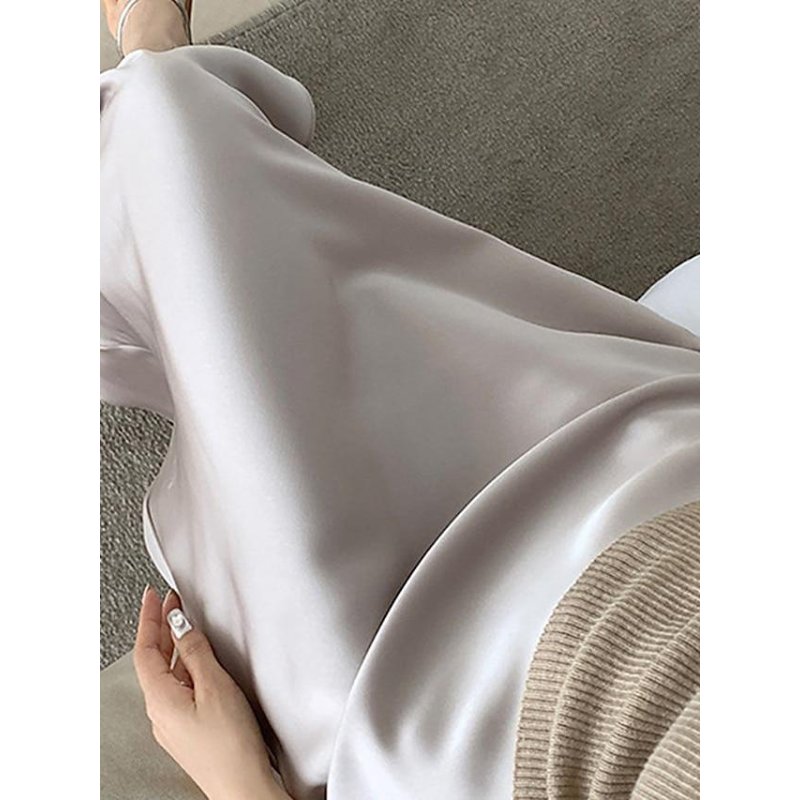Tag: clothing, fashion industry, evolution
For centuries, clothing has been an integral part of human society. Not only does it serve as a basic need for protection against the elements, but it also holds cultural significance and reflects societal values. As time passed, clothing evolved from simple garments made out of animal skins to elaborate pieces designed for aesthetic purposes.
The evolution of clothing can be traced back to ancient civilizations such as Egypt, Greece, and Rome. These societies used textiles like linen and silk to create tunics and togas that not only provided warmth but also represented social status. With the rise of trade routes in the Middle Ages, different cultures began exchanging fabrics and techniques which led to the development of new styles.
Fast forward to the 19th century where industrialization played a crucial role in changing the landscape of fashion. With factories mass-producing clothes at a lower cost, ready-to-wear became more accessible to everyone regardless of their social class. This shift marked the beginning of fast fashion – a phenomenon that thrives on producing low-cost trendy items at rapid speed.
As we entered into the modern era with advancements in technology and communication, globalization had a significant impact on how we perceive fashion. The availability of information through media platforms has given rise to consumer awareness about sustainability and ethical practices within the industry. Consumers are now looking for sustainable options while still expressing themselves through their clothing choices.
Today’s fashion industry is more diverse than ever before with designers experimenting with innovative materials such as recycled plastics or organic fibers like bamboo and hemp. Social media influencers have become powerful voices advocating for body positivity and inclusivity in size ranges offered by brands.
In conclusion, over time clothing has transformed from being just a necessity into something that defines our identities while keeping up with constant changes in trends driven by consumer demand. However,the impact on our environment brought upon by this fast-paced industry cannot be ignored. The future of fashion will need to prioritize sustainability and ethical practices while still keeping up with the ever-evolving demands of consumers.

